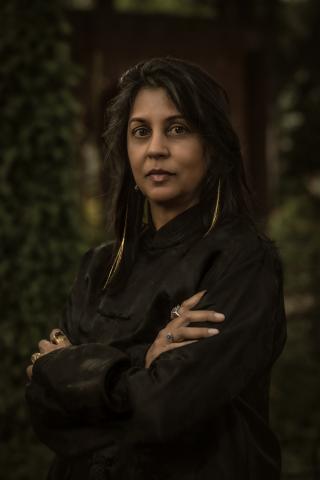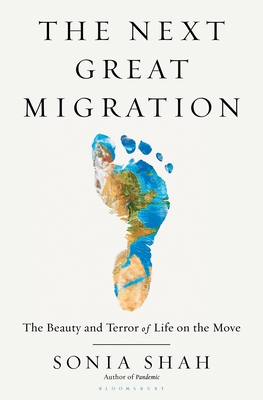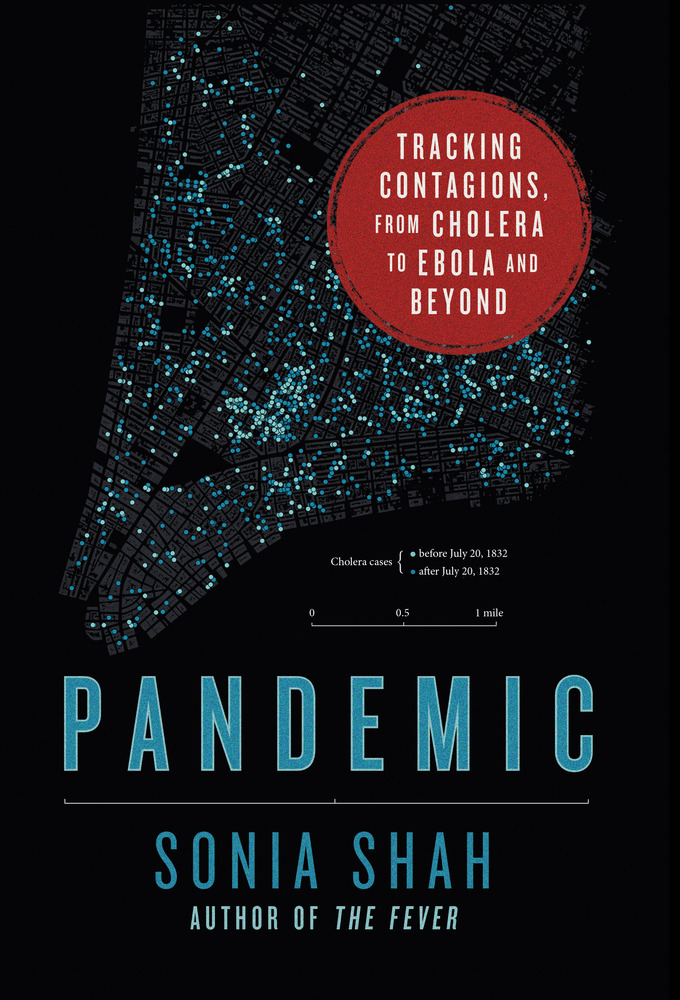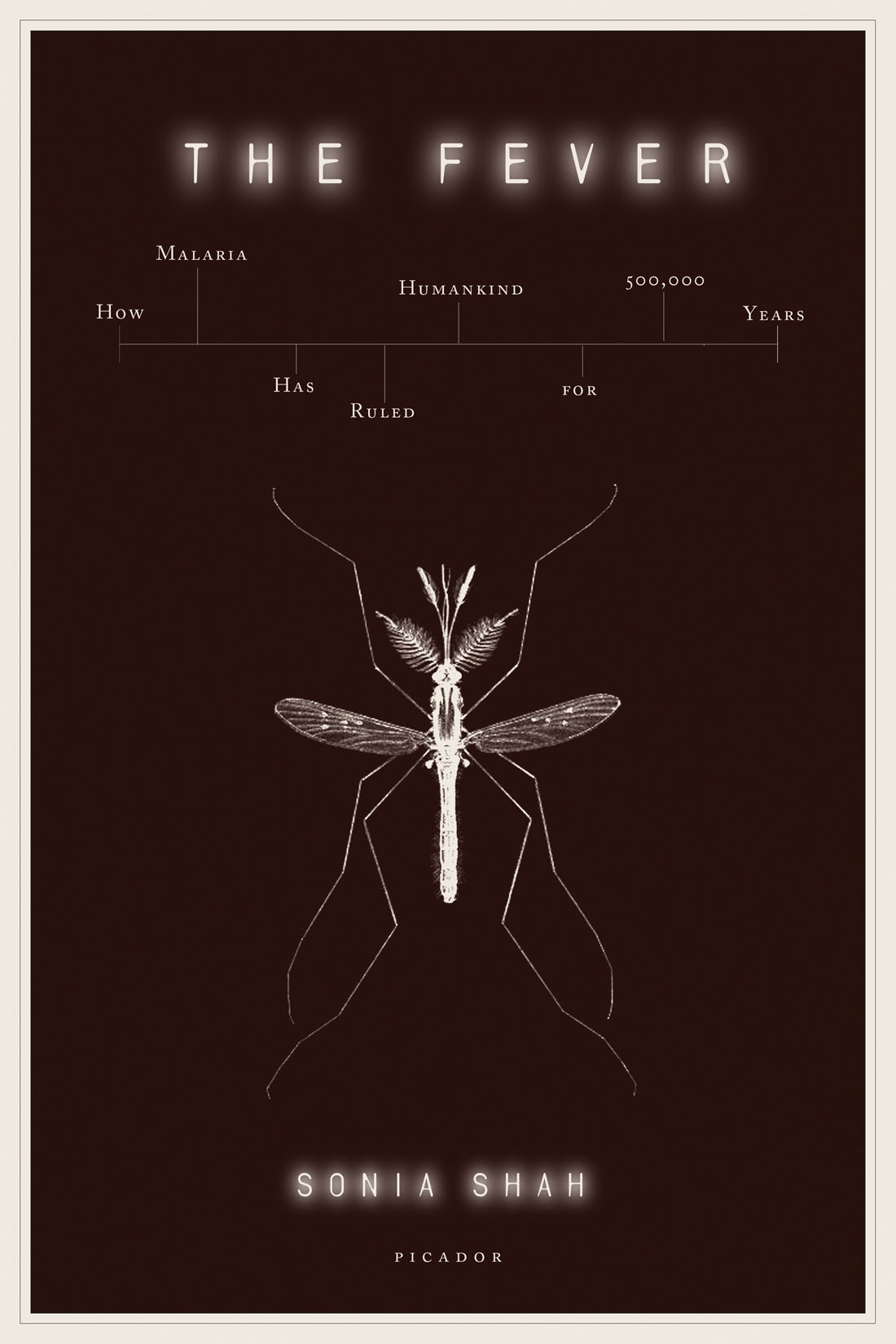
Special: The Rise and Fall of a Beastly Idea
The project:
Western industrial society’s foundational idea that Homo sapiens is special—separated from all other species by unique cognitive, technological, and communicative capacities—faces a new reckoning. Even as our technology grapples with existential threats of our own making, scientists are discovering nonhuman capacities that match or exceed our own, from coral polyps that can hear their reefs to crows that understand recursive logic. Special traces how human exceptionalism shapes our world and how its collapse might transform science, medicine, history, and our ideas about ourselves, our fellow creatures, and our common future.
From Special:
According to public intellectuals from the historian Yuval Noah Harari to the linguist Steven Pinker, our unique cognitive capacities “set us apart from all other beasts,” forming a “boundless chasm” that can “never be fully bridged,” as the anthropologist Brian Fagan put it. And yet, the qualities that have been offered as evidence of our exceptionalism in nature have all been discovered in other non-human species. Scientists have discovered the self-awareness of fish and the elaborate underground communication networks of trees. They’ve uncovered a scale and complexity in the movement patterns of insects and birds that can only be explained by a collective intelligence that exceeds our own. They’ve discovered that non-human species, like us, create culture—and by extension, could be forgotten agents of history too. “Every single individual has its own knowledge, personality, history, and when that single individual is leading a troop, it’s like a culture,” notes one biologist. “The more we study, the more we find it is a matter of wildlife in general.”
As dozens of species blink out on a daily basis, a new animism emerges. In medicine, experts redefine the health of the human body as intimately connected to the health of the bodies of non-human animals. Historians proclaim that “non-humans co-produce political history,” and rewrite stories of the past to incorporate the agency of non-humans. Linguists expand the study of language beyond human communication to include birdsong.
The transformations precipitated by the collapse of human exceptionalism could be “seismic,” as the environmental historian Daniel Vandersommers put it. Historical narratives that expand to include the agency of non-human beings could be more disruptive to our ideas about the past than the stories of women, working people, and colonized subjects were to the histories inscribed by kings, conquerors, and patriarchs. Public awareness of the consciousness of non-human beings, from corvids to cephalopods, with their own subjective experiences could provoke a radical sense of solidarity with the non-human world, adding new urgency to the crisis of mass extinction. We stand to lose not just “biodiversity” as a faceless natural resource, but companion minds making meaning of our shared world.
The grant jury: Sonia Shah reveals the invisible wall that humans have constructed between animals and ourselves, and begins the essential work of dismantling it. This author has researched well and long: delving into classic texts of philosophy, history, and the sciences, she reframes our understanding with elegance and originality, posing thought-provoking questions bolstered by scholarship. This is the first book on human exceptionalism with such scope and ambition, and the writing is superb. Timely and urgent, it calls for a sea change in how human society regards itself.
Sonia Shah is a science journalist with bylines in The New York Times Magazine, The New Yorker, and other venues, and the author of five books, including The Next Great Migration: The Beauty and Terror of Life on the Move, a finalist for the 2021 PEN/E. O. Wilson Literary Science Writing Award, and Pandemic: Tracking Contagions from Cholera to Coronaviruses and Beyond, a finalist for the 2017 Los Angeles Times Book Prize in Science. She lives in Baltimore.
Selected Works



